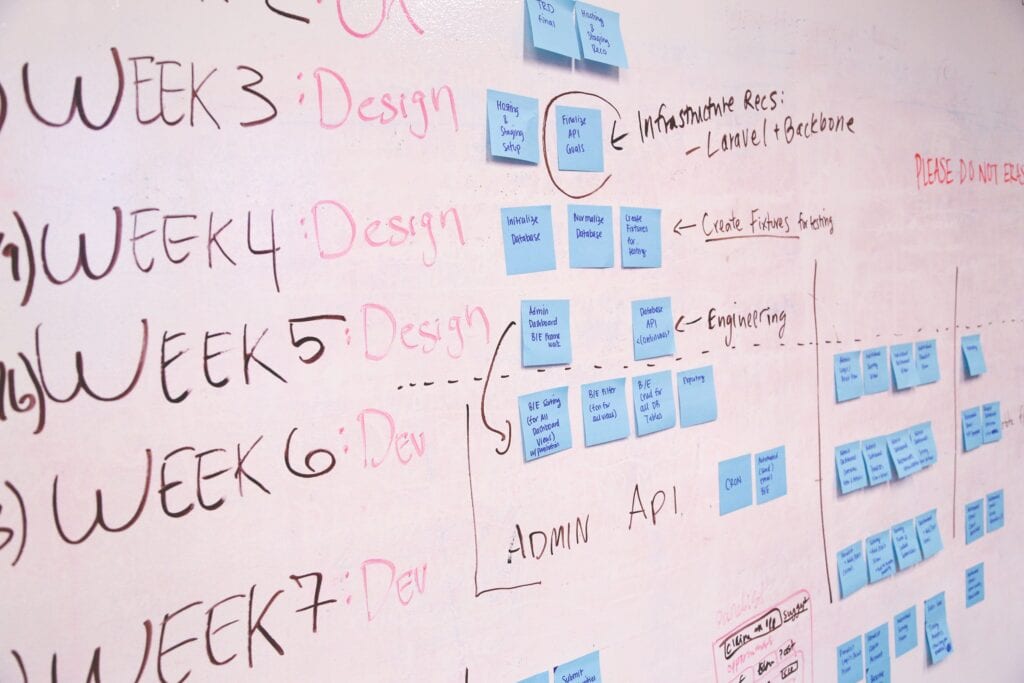Co-author: Bennet Barth
3 min read
Sustainable business models and responsible leadership as key levers for systemic change.
We are at a critical time in our history. Climate change is having severe effects on our planet and people. Our economic systems prioritize profit over sustainability, and social challenges are growing at an unprecedented rate. One thing is clear: we need to fundamentally transform our financial and economic system into a more sustainable and inclusive one.
In response to these global challenges, we are seeing a rise in the number of startups that are leveraging technological innovation towards a peaceful, just, and more sustainable future. Ranging from artificial intelligence that tackles urban pollution to innovative carbon-negative materials for applications in construction to revolutionizing the manufacturing of prosthetics, these examples show the potential for disruption by tech innovation. This is also recognized by an ever-growing number of key stakeholders: “The crisis has implied that several sectors that were traditionally closed to tech innovation, such as education and health, are now being disrupted,” says EU Commissioner Mariya Gabriel in an exclusive interview in our recently published report Protect – Empower – Transform: Tech Innovations Changing the World.
The innovation behind tech for good startups is shaping a new era driven by a balance between society, economy, and ecology and is defined by companies that inseparably tie the profit they make to the positive social impact they generate: And when they scale up, so does their impact.
Challenges faced by tech for good startups
Behind every intention-driven tech startup is an entrepreneur with a vision to improve the world. Most entrepreneurs start with a social, environmental or economic problem they want to tackle and in response develop an innovative solution. As founders move from ideation towards building a prototype solution and creating a sustainable business model, they are faced with a variety of challenges.
As access to funding, especially with the recent influx of capital in specific sectors such as climate tech, is becoming a less prominent hurdle, other oftentimes underestimated challenges become more obvious: One of them is leadership. Beyond the societal impact of their innovation, leaders also have a responsibility within their organization and towards their employees to uphold high ethical standards.
Bridging the leadership gap
This is why the BMW Foundation in early 2020 launched RESPOND, the first accelerator program that promotes responsible leadership and sustainable business models in line with the UN 2030 Agenda.
“It’s not only your product that creates an impact,” says Lucas Paes de Melo from Amparo, one of the RESPOND startups, which revolutionizes how prosthetics are made. “Because we [entrepreneurs] are already so product impact-focused, we forget about the smaller things. But actually, if you look inside [yourself], there is so much more that you can do and a much bigger impact that you can create.” The decisions made by leaders have implications that reach far beyond the individuals themselves.
For us, a responsible leader is a leader who, beyond his or her professional and personal duties, works towards social change within and between societies – across communities, cultures, and countries. Responsible leadership can manifest itself in enabling and nurturing an organizational culture that upholds high ethical standards. Responsible leadership can provide entrepreneurs and their teams with the tools and guidance to juggle the complex social, ecological, and economical challenges related to their purpose-driven ambitions. Responsible leadership can also serve as a role model for other corporations, demonstrating that profit and purpose can be aligned and inspiring other business leaders to engage with societal concerns.
Therefore, it is just as important to foster a mindset of responsible leadership among the next generation of /entrepreneurs as it is to accelerate the scale-up of their sustainable business models. “The focus is not just on growing the financial gains of the company, it’s really about the soul and the spirit behind it,” says Allison Dring from Made of Air.
Scale your startup
RESPOND is entering its second round in 2021. This year, we are looking for startups that address one of the following three areas of innovation: the future of work, sustainable urbanization, and responsible economy. If you are a founder of an impact startup and want to be part of the solution, read more about the program here.


















